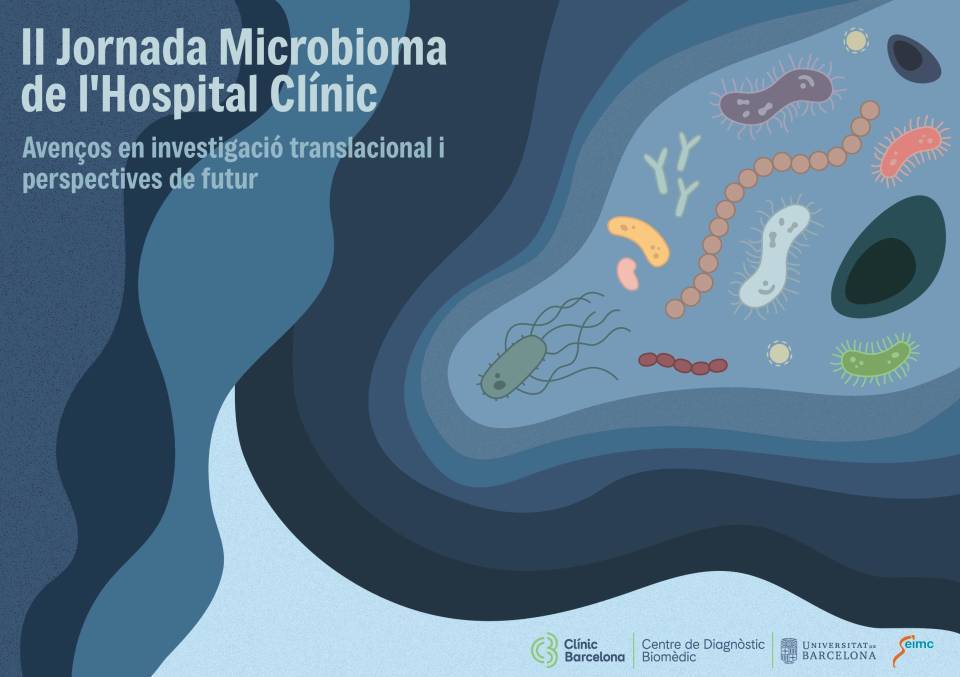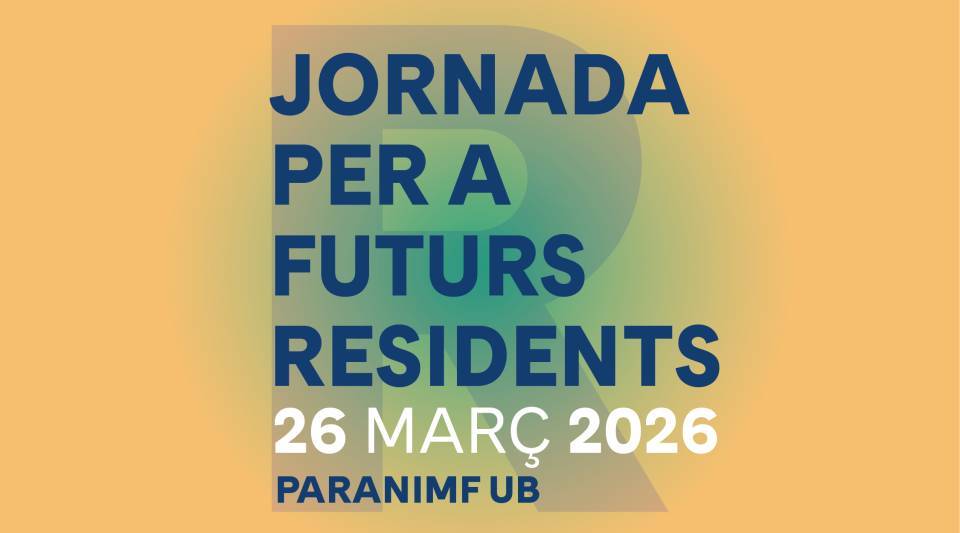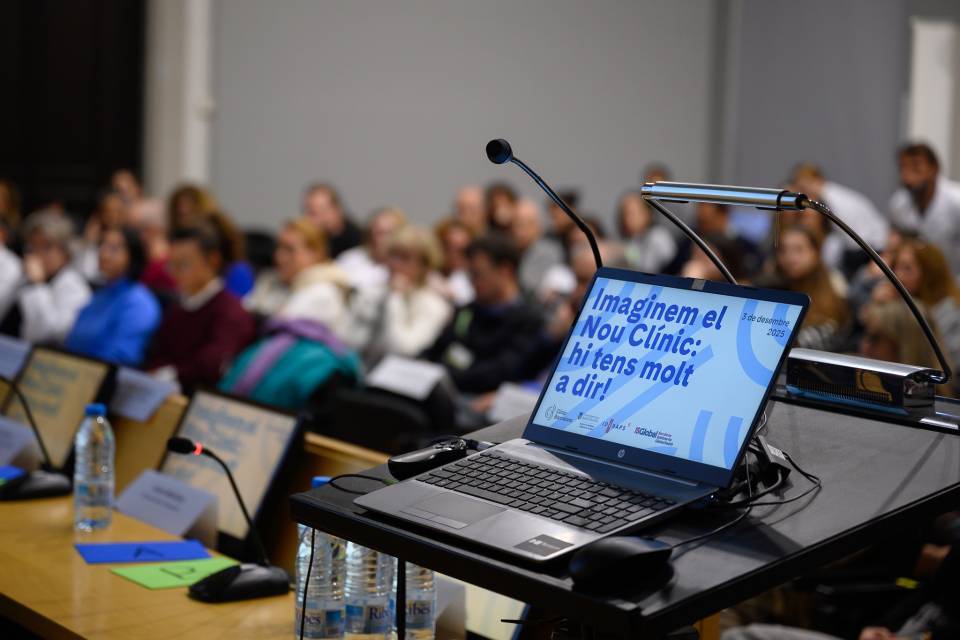Dimecres, 12 de juliol de 2023. De 15:00h a 18:00h
The value of diversity in biomedical research
Eixample Clinic ( edifici Seminari Conciliar Barcelona). C/ Diputació 231. Barcelona
Why is diversity in research important? How can we ensure diversity in terms of research areas and topics as well as applied methodologies? These will be the central questions in this participatory session dedicated to exploring the value, both for researchers and society, of addressing diverse questions, research topics, methodologies and approaches focused on diversity in biomedicine.
While science is advancing tremendously thanks to novel and powerful technologies, several research areas remain poorly explored. Multiple studies show that mainstream funding, research outputs and experimental approaches are not paying enough attention to diseases with a low burden or diseases affecting specific populations. For example, diseases or conditions affecting women more than men garner less funding; knowledge production in diseases is significantly misaligned with their burden; treatments developed for Western countries are not appropriate for African or Asian populations and contexts; and so forth. Furthermore, emerging technologies such as artificial intelligence (AI) and digital health devices need to be regulated to ensure equality in health care accessibility for the widespread population.
During the workshop, experts in research, meta-research and funding will briefly present their perspective and lead the discussion around the following questions:
- How do junior researchers choose their future research focus? What are the key factors leading them to mainstream or more diverse choices?
- How is diversity in issues or beneficiaries considered in research evaluation?
- How should funding agencies tackle diversity of contents in their research funding strategies and schemes?
- How can we prevent new powerful technologies such as AI and digital health from introducing further bias towards specific sex or gender conditions, specific ethnicities, or research methods?
Speakers:
- Ismael Rafols, Senior Researcher at the Centre for Science and Technology Studies, CWTS, Netherlands.
- Roberta Haddad, Junior Researcher, MSCA fellow at the Neuronal Control of Metabolism laboratory, IDIBAPS.
- Paula Petrone, Associate Research Professor, Head of Biomedical Data Science Team, ISGLobal.
- Ignasi Lopez Verdaguer, Director of the Research and Innovation Department, "la Caixa" Foundation.
Moderator:
- Michela Bertero, Strategy Director, IDIBAPS.

Documents d'interès
-
Descarregar Consulta el programa, PDF 72 KB
Consulta el programa
PDF - 72 KB
Ubicació i mapa
Eixample Clinic ( edifici Seminari Conciliar Barcelona). C/ Diputació 231. Barcelona


